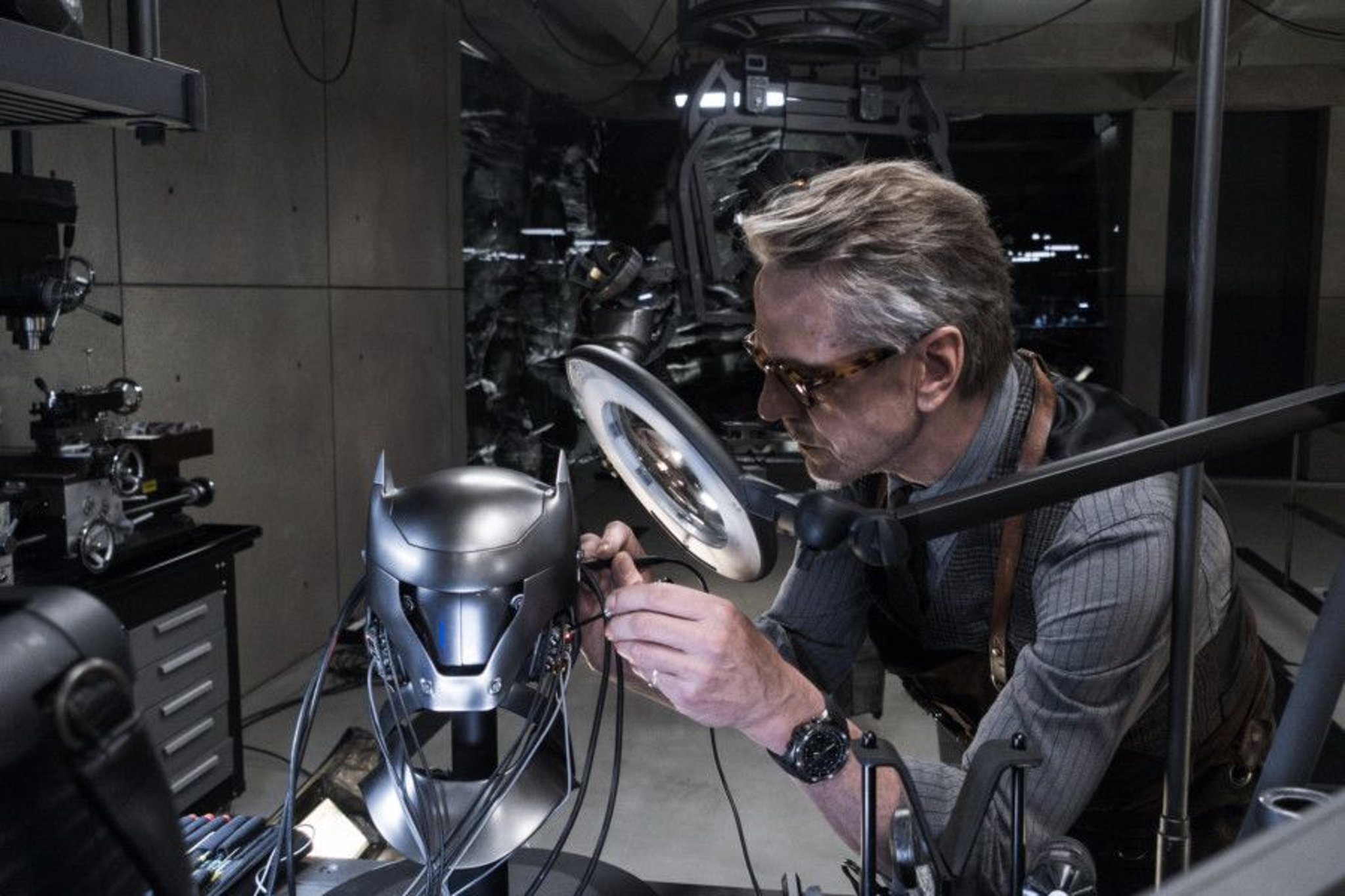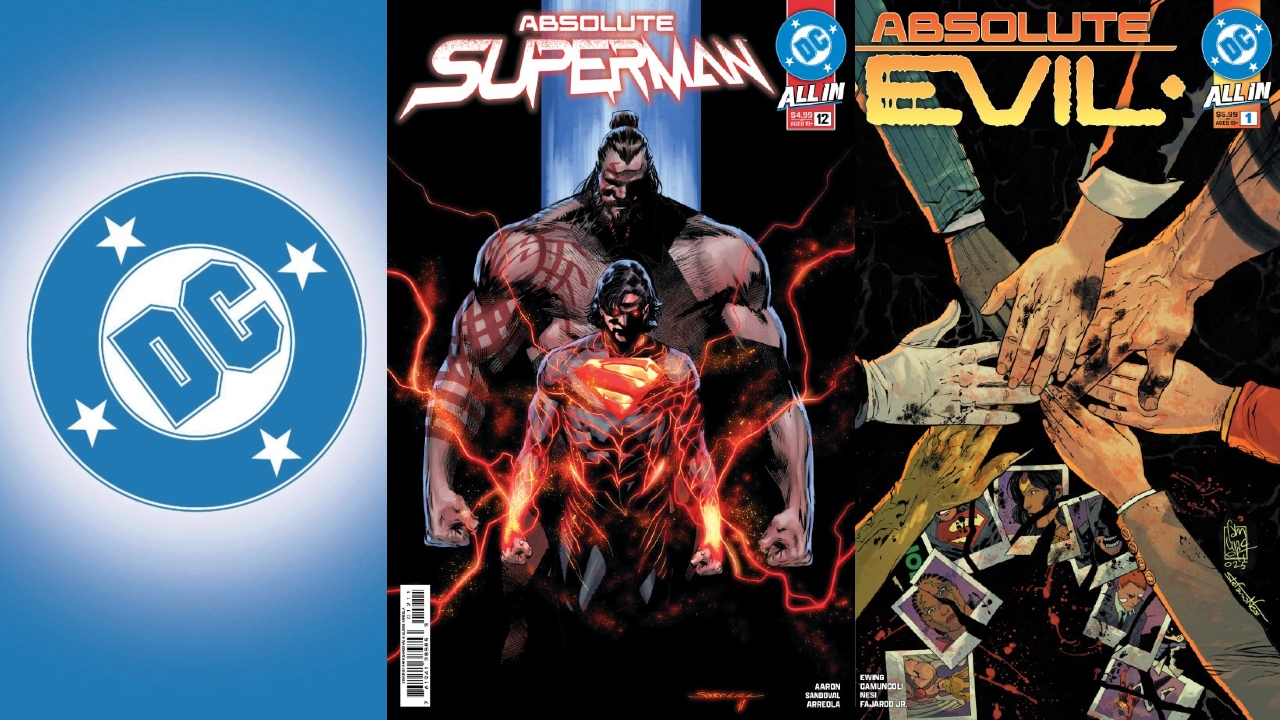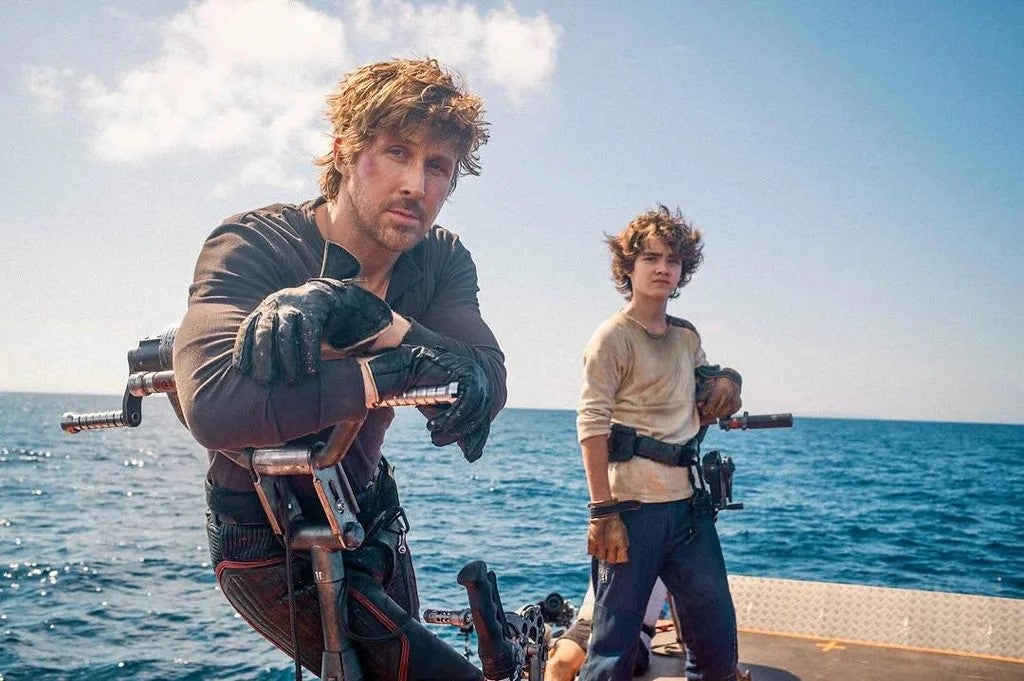![]()
By now, you hopefully have had a chance to check out Denis Villeneuve’s amazing sci-fi film Arrival, and if you have, then you’re likely to have been quite taken by the musical score by frequent Villeneuve collaborator, composer Johann Johannson.
Having been nominated for an Oscar for his score for Villeneuve’s 2016 crime thriller Sicario, Johannsson took a very different approach to the film that has Amy Adams and Jeremy Renner trying to communicate with aliens that have mysteriously come to earth with their intentions unknown.
LRM got on the phone with Johannsson to talk about the music for Denis Villeneuve’s amazing film.
LRM: This is your third movie with Denis. At what point does he get you involved? Obviously, he’s doing many movies back to back, so do you start working on “Arrival†before he even starts working or at what point do you start getting involved?
Johann Johannsson: Like you said, it’s my third film with him, and we always start working on the music very early on, even on Prisoners, the first film we did together. On Arrival in particular, the music process started very early. First, I read the script obviously, and we had some talks about atmosphere and about mood, etc, but in very vague terms. I hadn’t seen any images by then. This is just before they start shooting, but they were generous enough to share some concept art with me, which was very much an inspiration for the music. I did a couple writing and recording sessions during the first week of shooting and I sent Denis some snippets of those ideas. One of those ideas in particular had a strong effect on him, and he asked me to make a five-minute version of it. That actually became one of the main motifs of the film, and he was listening to that piece of music throughout the shooting of the film. This is how we try to work. I try to be involved as early as possible, so the music can be a really integral part of the DNA of the film. With Denis, music is never an afterthought. He always thinks of the music as an integral part of the film, from the moment he starts conceiving the film.
LRM: When you read a script, are you able to figure out where it might need music or even come up with themes or is that too early to think about that?
Johansson: Yeah, the script and the story and the ideas in the story, it’s a story with very strong conceptual ideas. It’s a film about communication, basically. It’s a science fiction film, but it’s a film about communicating with aliens, and how we approach that. The protagonist, played by Amy Adams, is a linguist who is charged with the task of communicating with these aliens that land on earth and find out what they’re here for and what they want. Language and communication is a big part of the story, and that’s why I decided very early on that the human voice needed to be a big part of the score, so I started working with vocals, I started working with choirs and different vocalists. Vocals are very prominent in the score. That was very much inspired by the script.
LRM: It’s interesting you talk about the idea of communicating with the aliens, because they do have a language, which has its own sound that’s almost musical, so how was it trying to combine that with the score? Do you work with the sound effects guys to make sure it integrates well?
Johansson: It was all kind of conceived together. I was very aware of what the sound effects guys were doing in terms of the alien language and the noises that the aliens use to communicate. I was aware of what they were doing, and they were aware of my music, as well, so it was really like a dialogue back and forth. It was really about making those elements gel together, so sometimes, it’s hard to differentiate between sound design and score. This is a very important element in writing music for film is being aware of the sound design and make the score work with the sound design and with the dialogue.
![]()
LRM: Were they able to change the pitch of the notes of their sound FX if they didn’t mesh with the music?
Johansson: Absolutely. It was very much a dialogue, so the sound FX guys were working to my music, and I was working to their sound FX, so it was like a collaboration, all going through Denis and under his supervision, of course, but I think this kind of approach necessitates very close collaboration between all these departments—between the sound department and editing department and the composer.
LRM: You mentioned wanting to use vocals as part of the score because of the language aspect of the story, so is instrumentation something you’re deciding upon very early on? For instance, on “Prisoners†you had the church organ, but “Sicario†sounded very different. All your scores sounded different because of the instrumentation, so is that considered very early on, as well?
Johansson: Well, yeah, every film is different. They’re all very different films, and that’s one of the things Ilove about writing film music is that every film presents its own challenge and every film is different and every film requires its own approach, so that’s really one of the things I like most about writing film music that it challenges ne to find new approaches every time. I don’t like to repeat myself. I’m quite restless in that sense. I like to be challenged and to look for something new, look for something I haven’t heard in the cinema before. I’m lucky enough to work with directors like Denis who give me the freedom to experiment, and the time and freedom and resources to spend time doing the research and doing the experimentation this approach requires.
LRM: How do you approach action scenes like the ones in “Sicario†and “Arrival†where there’s more stuff going on visually and not as much dialogue?
Johansson: I would say, for example, Sicario was almost all action music. It was very percussive throughout, even though maybe it was atmospheric at the same time. It was not like action music in the same sense. It had this sort of constant throbbing beat to it, this throbbing pulse, and I don’t have an approach. Like I say, every film is different. Every film requires its own approach, and for Arrival, there’s also a lot of percussion in Arrival, but it’s very different from Sicario. I used a lot of wooden percussion instruments like 2 by 4s, basic planks of wood that we played with mallets and layered these and processed, using digital processing and effects and recorded them in spaces. We went into a large reverberant space and recorded percussion instruments in there, so yeah, I think when the more action oriented moments arrive, the percussion kicks in.
You can also read what Johansson had to say about working with Villeneuve on Blade Runner 2049, as well as scoring Darren Aronofksy’s next film Mother! at the link below.
Arrival is now playing nationwide. You can also read our interview with screenwriter Eric Heisser below, and hopefully we’ll have an interview with director Denis Villeneuve very soon.

 FOR FANBOYS, BY FANBOYS
Have you checked out LRM Online’s official podcasts and videos on The Genreverse Podcast Network? Available on YouTube and all your favorite podcast apps, This multimedia empire includes The Daily CoG, Breaking Geek Radio: The Podcast, GeekScholars Movie News, Anime-Versal Review Podcast, and our Star Wars dedicated podcast The Cantina. Check it out by listening on all your favorite podcast apps, or watching on YouTube!
Subscribe on: Apple Podcasts | Spotify | SoundCloud | Stitcher | Google Play
FOR FANBOYS, BY FANBOYS
Have you checked out LRM Online’s official podcasts and videos on The Genreverse Podcast Network? Available on YouTube and all your favorite podcast apps, This multimedia empire includes The Daily CoG, Breaking Geek Radio: The Podcast, GeekScholars Movie News, Anime-Versal Review Podcast, and our Star Wars dedicated podcast The Cantina. Check it out by listening on all your favorite podcast apps, or watching on YouTube!
Subscribe on: Apple Podcasts | Spotify | SoundCloud | Stitcher | Google Play



